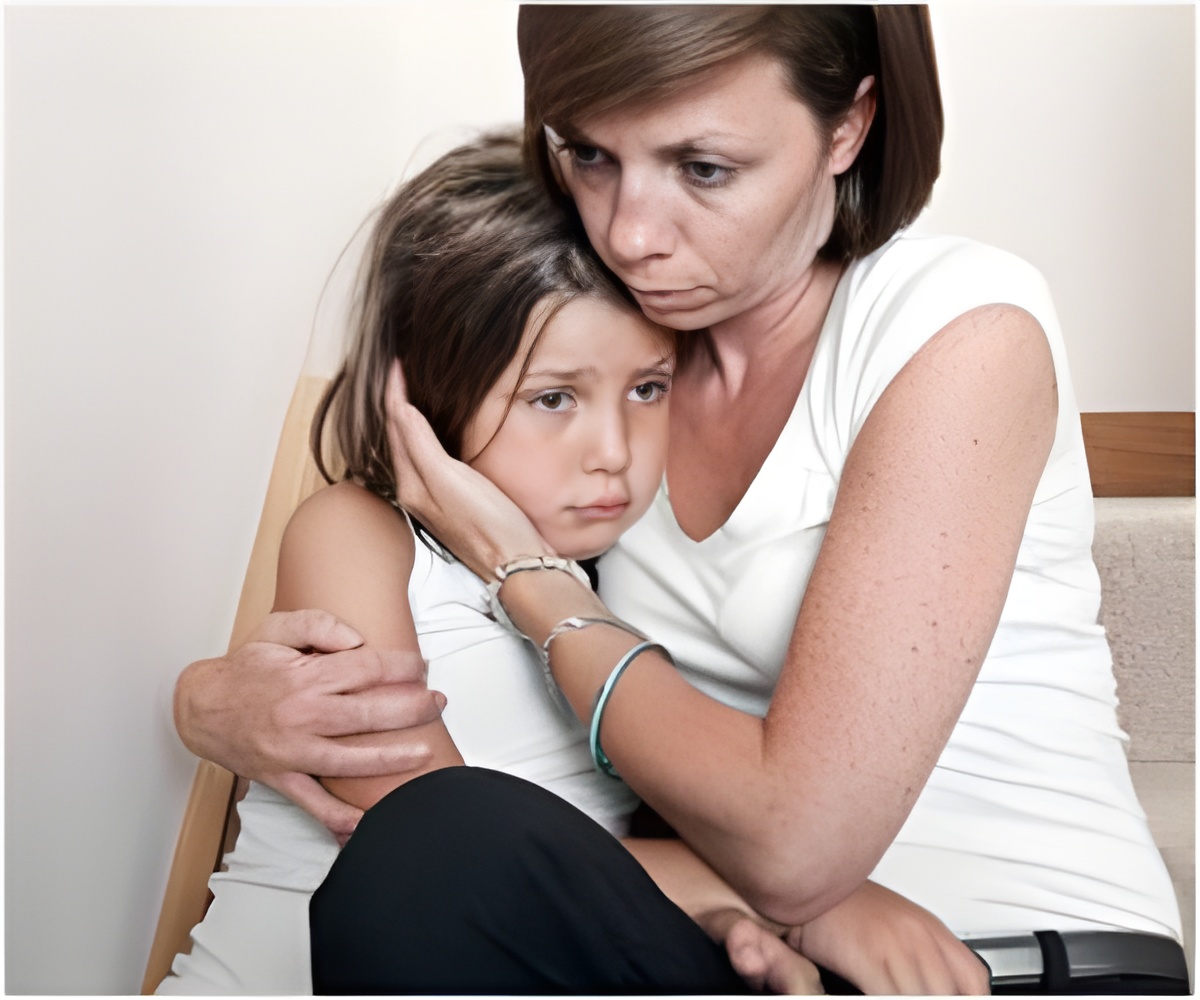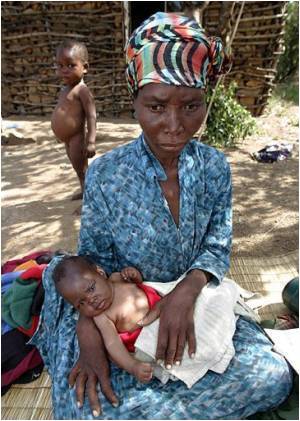
"While the effect in the short term is clearly robust, the bigger issue is that this effect is long-lasting," he said.
"One year after their mothers' remissions, these children continued to show further improvement. This is almost unbelievable."
Moms and their children were followed as part of the nation's largest multisite clinical trial on treatments for depression, begun in fall 1999.
The latest findings also showed that children's improvement, in terms of both depressive symptoms and social functioning, was related to the time it took their mothers to get better.
Children whose mothers remitted - or recovered from all depressive symptoms - early within the first three months of treatment continued to show improvements in both symptoms and social functioning more than a year later.
Advertisement
The study was published recently in the American Journal of Psychiatry.
Advertisement















